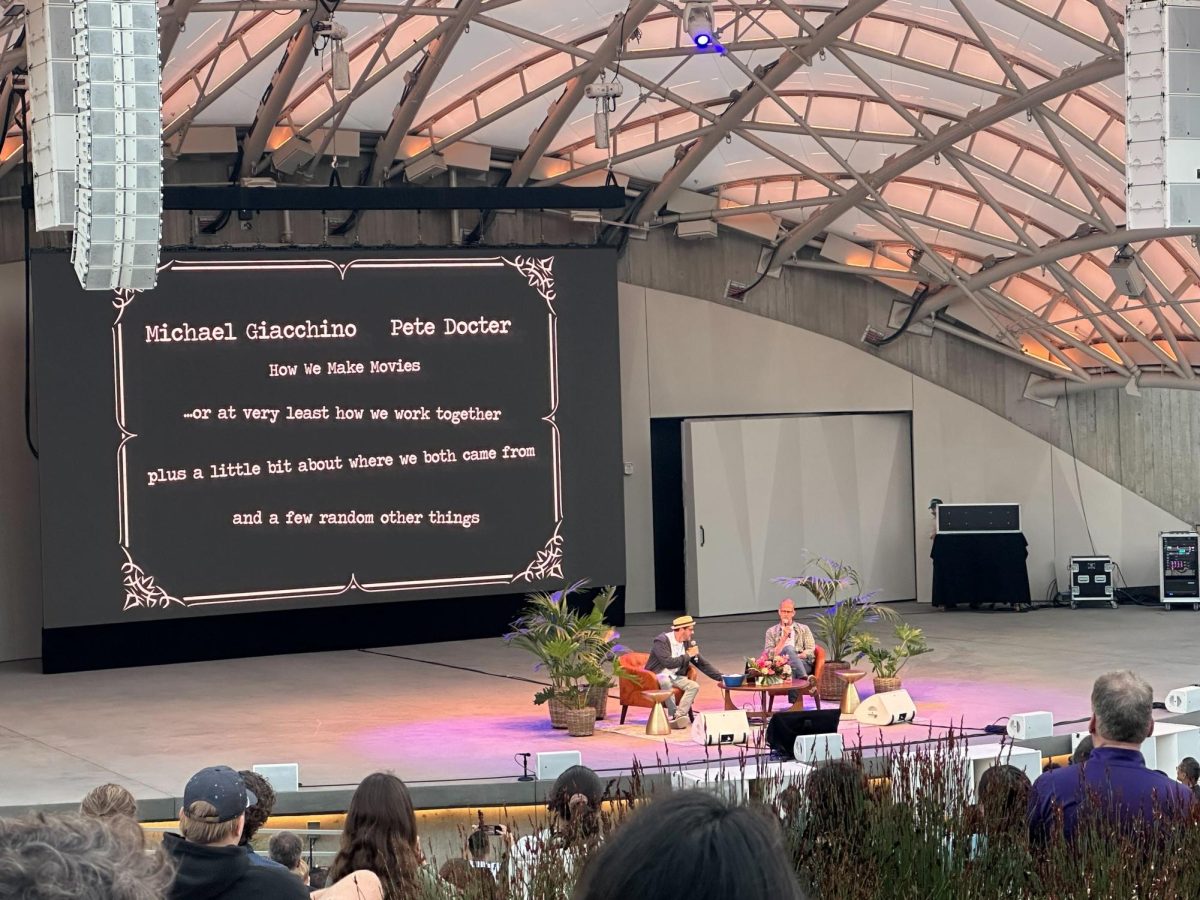The latest in the Woody Allen oeuvre of talky, lighthearted comedy, “Midnight In Paris,” swerves ever slightly from tradition: misanthropic writerly type — saddled down by a grating, better-looking female companion — takes to the big-city streets and grumbles at the sad state of his own rut. The formula’s admittedly worn thin in the decades since “Annie Hall”: there’s only so much room on the streets of Manhattan for another miserable, self-involved curmudgeon.
But in trading New York City for Paris, Allen endows the film with gorgeous, romantic panoramas: of moonlit brick boulevards, Monet’s garden at Giverny, the Palace of Versailles. (Allen’s also noted in interviews that the move away from New York in his most recent films has mostly been an effort at cut- ting costs).
But more central to the film’s success is Allen’s choice of misanthropes. Owen Wilson, as Hollywood burnout Gil Bender, projects none of the smug self-absorption that so often sullies Allen’s protagonists. Gil comes to Paris on vacation with fiancée Inez (Rachel McAdams) and her parents, and also to work on his novel. The trio make for an amusing, if one-dimensional, foil to Gil: Inez can’t fathom the appeal of the simpler life in Paris (Gil’s dream) when a beachside Malibu manse awaits; Kurt Fuller, as her father, deadpans a serious case for the Tea Party after Gil suggests they’re a band of “demented lunatics.”
To break free from the insufferableness of it all, Gil takes to walking the city streets alone by night. It’s on the first of these midnight strolls that Gil is ushered inside a vintage yellow Peugeot. He doesn’t make too much of the car’s appearance — a friend in L.A. has a collection — but by the time Gil is dropped off at the roaring, sequin-splattered nightclub where he spends the bulk of the evening, his suspicions have arisen: fedoras and ragtime aren’t quite the stuff of modern Paris nightlife, are they?
Gil makes the fast acquaintance of Zelda, a blonde bombshell of an Alabaman who introduces him to her husband, F. Scott Fitzgerald. Once it’s accepted that the two are, yes, those Fitzgeralds, and that Gil’s been magically transported to the 1920s by way of French automobile, the fun really begins. “Ernie” Hemingway refuses to read Gil’s novel, though offers his friend Gertrude Stein’s proofreading services; Pablo (Picasso, that is) suffers Gertrude’s wrath for the misogyny of his work; Salvador Dalí (played to harebrained perfection by Adrien Brody) makes a show-stealer of a cameo.
When Gil begins to fall for the unearthly beautiful Adriana (Marion Cotillard), lover of Pablo and student of Coco Chanel, things get a little messier. Adriana, too, yearns for life in an earlier time — and naturally, despite her flu- ent English, fails to understand Gil’s claim that she’s an “art groupie” (probably for the best). It’s here that Allen’s message shines: that no matter how great one’s present, there exists a pervasive, inevitable nostalgia for a better time. That nostalgia, for many, extends to earlier Allen films — but with the joyful breeziness of this latest variation on a theme, the director may well be poised to entertain a golden age all his own. (B+)







